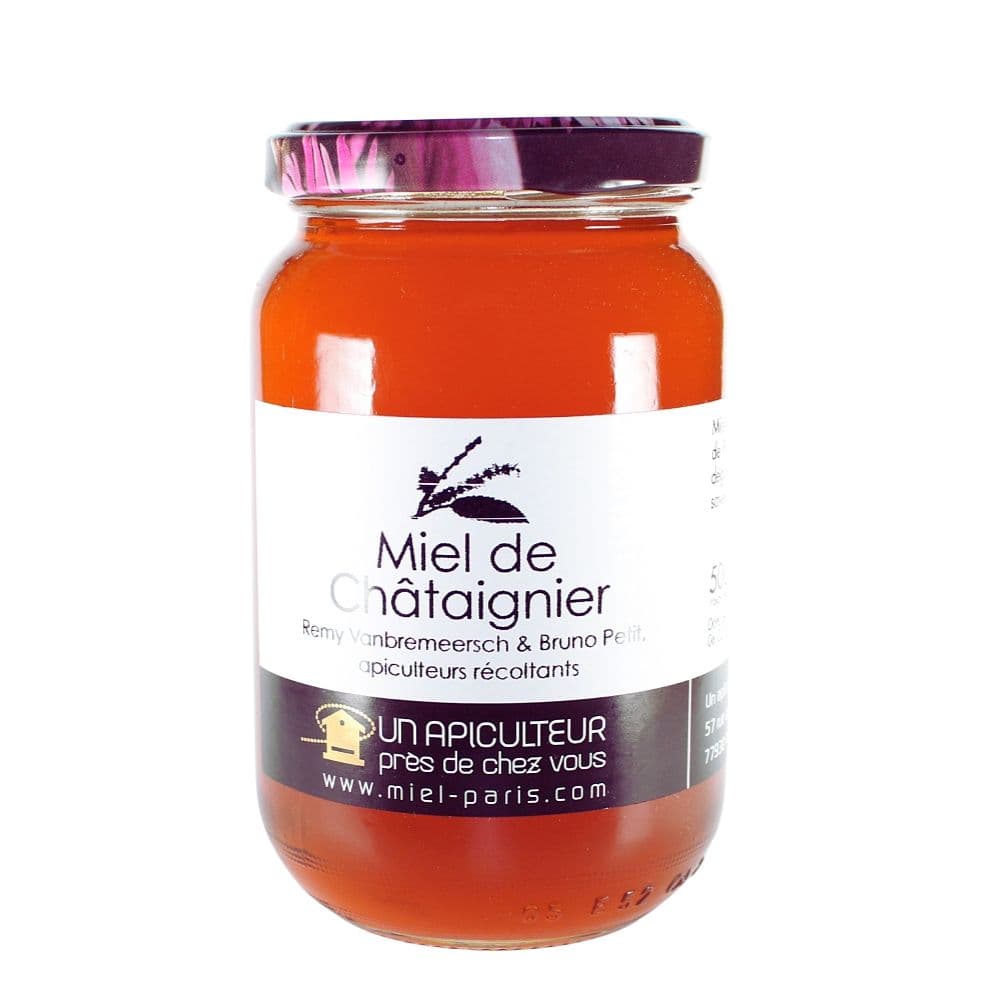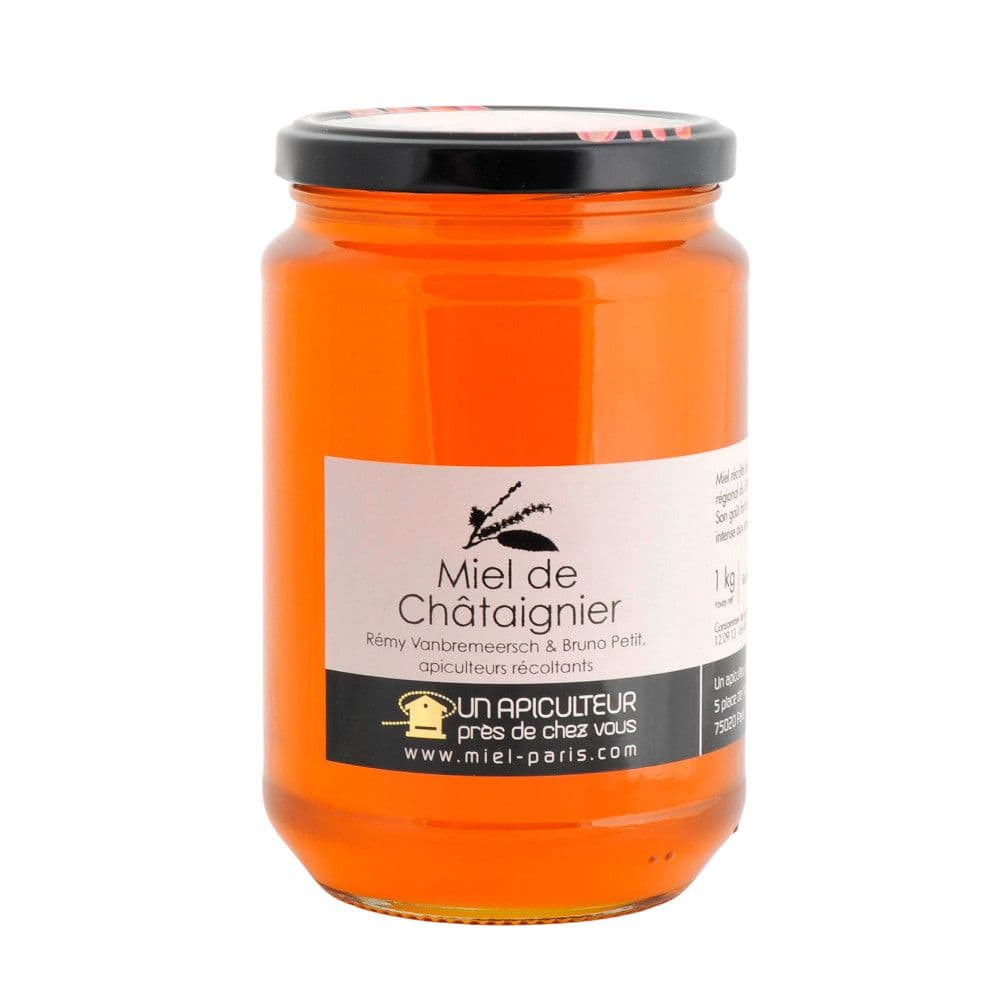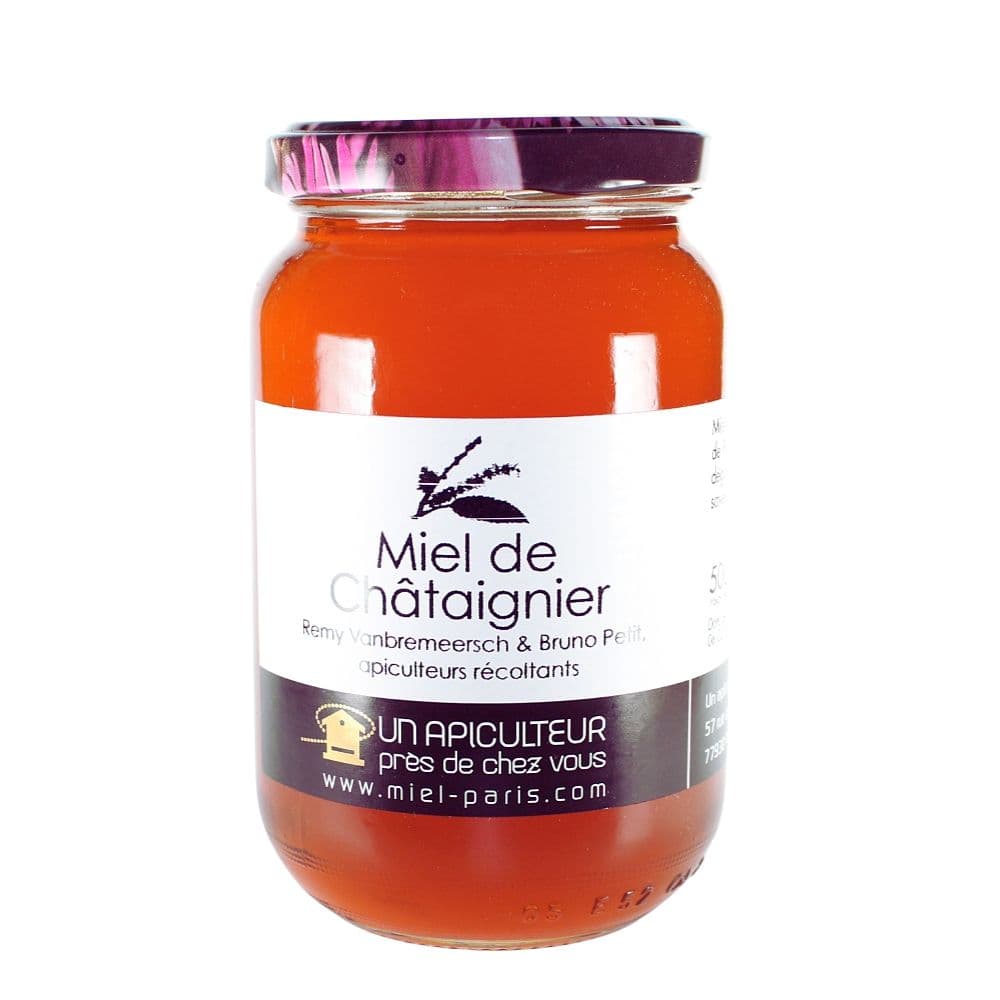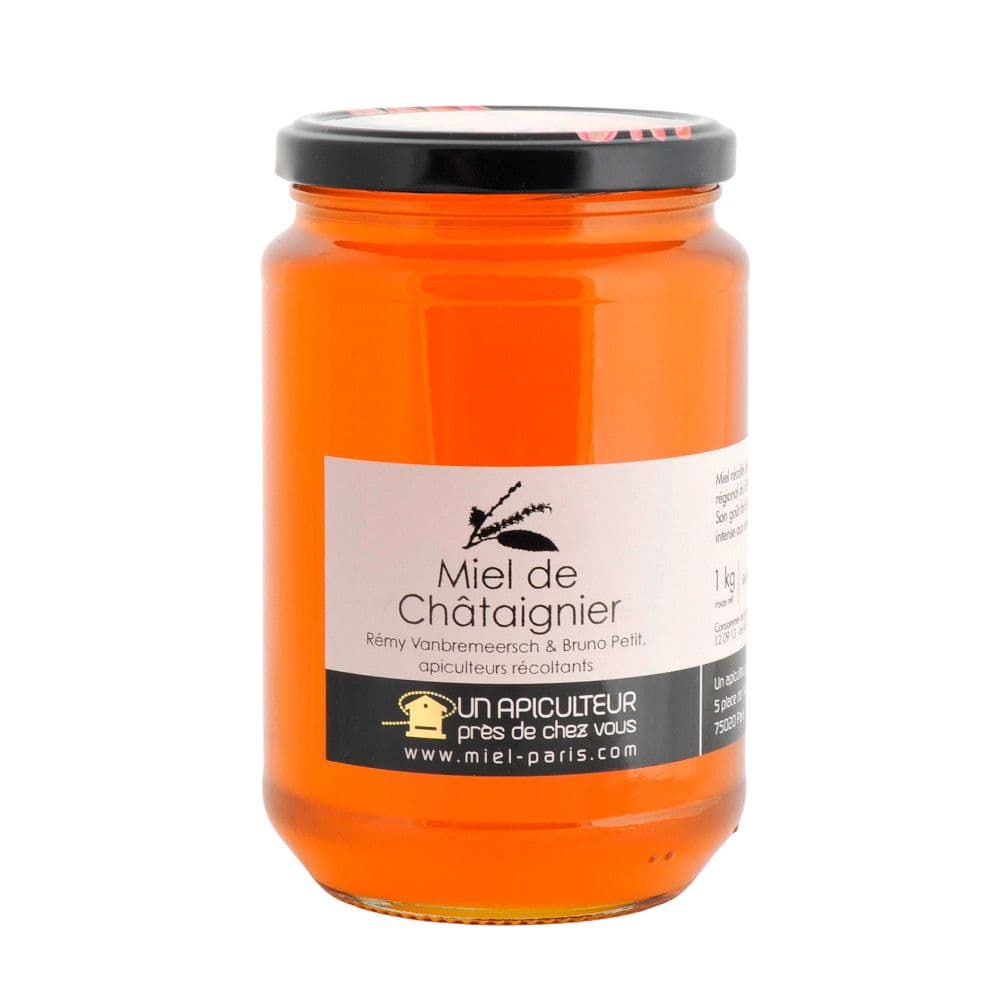payment and shipping
The following conditions apply:
Delivery is currently only available in Germany and Austria.
Shipping costs (including VAT)
Deliveries to Germany with UPS or DHL.
We calculate the shipping costs based on the order value (gross value of goods):
- Goods value up to €70.00 = €7.95 (DHL or UPS)
- From an order value of €70.00 we deliver free of charge.
Deliveries to Austria:
We calculate the shipping costs based on the order value (gross value of goods):
- Goods value up to €149.99 = €15.00 (UPS)
- We deliver free shipping for orders over €150.00.
Delivery times
Unless a different deadline is specified in the respective offer, the goods will be delivered within Germany (Germany) within 5 to 7 working days.
If you have ordered items with different delivery times, we will send the goods in one shipment, unless we have made different agreements with you. In this case, the delivery time is determined by the item with the longest delivery time that you ordered.
Accepted payment options
- payment with credit card
- Payment via PayPal
- Payment via PayPal Express
- Payment via instant transfer (via Klarna)
- Payment via Google Pay
- Payment via Apple Pay
- Shopify Pay
Further payment details
If you pay by credit card, your credit card account will be debited upon conclusion of the contract.
If you have any questions, you can find our contact details in the legal notice.




